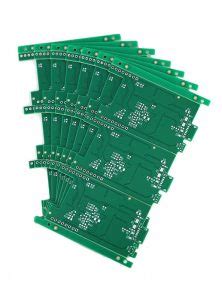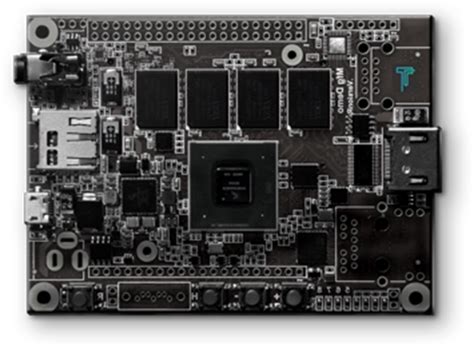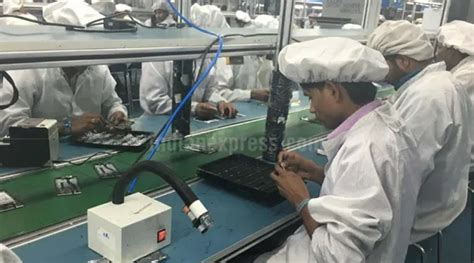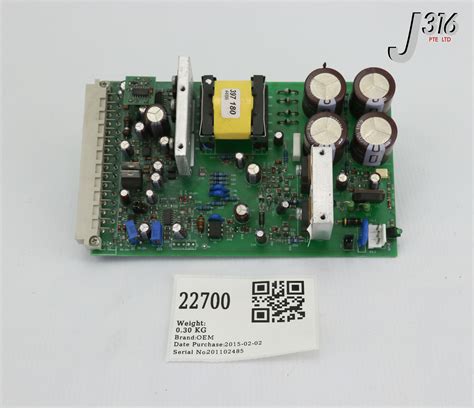Tailored PCB Solutions for Precision Engineering
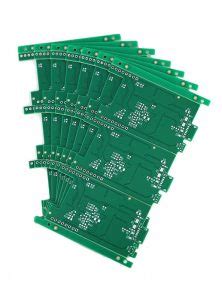
Key Takeaways
When exploring tailored solutions for your electronics projects, understanding core advantages helps streamline decision-making. Leading PCB manufacturing companies prioritize precision engineering to meet exact specifications, ensuring your designs maintain integrity from concept to production. With PCB manufacturing cost efficiency in mind, these providers leverage advanced technologies to balance affordability with uncompromised quality—critical for scaling your PCB manufacturing business effectively.
Access to 24-hour prototyping accelerates development cycles, allowing rapid iteration without sacrificing reliability. Stringent performance certifications across materials and processes guarantee boards that withstand rigorous operational demands. Moreover, global support networks ensure technical assistance aligns with your local timezone, minimizing downtime during critical phases. By collaborating with experts who specialize in customized design frameworks, you gain access to workflows optimized for your industry’s unique requirements, whether in aerospace, medical devices, or IoT applications. Learn how integrated solutions can elevate your next project’s efficiency and outcomes.
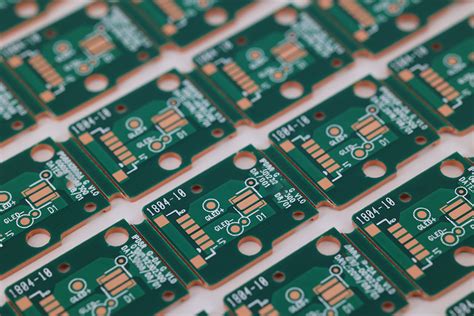
Precision PCB Engineering Services
When your project demands exacting standards, PCB manufacturing requires more than generic solutions. Precision engineering services focus on translating complex design specifications into functional boards that meet mission-critical performance criteria. Leading PCB manufacturing companies leverage advanced technologies—from laser drilling to impedance control—to ensure signal integrity in high-frequency or high-density applications.
Consider these key factors when evaluating precision services:
| Parameter | Standard Manufacturing | Precision Engineering |
|---|---|---|
| Tolerance Range | ±10% | ±2% |
| Layer Alignment | 0.15mm | 0.05mm |
| Surface Finish | HASL | ENIG/Immersion Silver |
| Minimum Trace Width | 0.2mm | 0.075mm |
While PCB manufacturing cost increases with tighter tolerances, specialized providers optimize material selection and DFM (Design for Manufacturing) analysis to prevent budget overruns. For industries like aerospace or medical devices, where reliability directly impacts safety, partnering with PCB manufacturing business units that hold ISO 13485 or AS9100 certifications becomes non-negotiable.
Your choice in precision engineering partners determines how effectively your boards withstand thermal stress, vibration, and prolonged operational cycles—factors that define long-term ROI in technically demanding sectors.
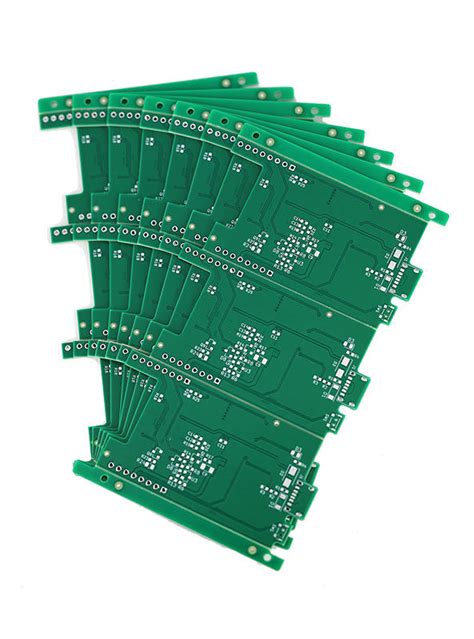
24-Hour PCB Prototyping Solutions
When your project demands rapid iteration, PCB manufacturing companies specializing in 24-hour prototyping ensure you stay ahead of tight deadlines. By leveraging advanced fabrication technologies and automated workflows, these providers compress traditional lead times without compromising precision. Whether you’re refining a high-frequency design or testing a compact layout, same-day turnaround eliminates bottlenecks in product development cycles.
A critical advantage lies in balancing PCB manufacturing cost with speed. Reputable firms optimize material sourcing and panel utilization, translating to competitive pricing even for complex multilayer boards. For startups and enterprises alike, this agility reduces time-to-market risks while maintaining adherence to IPC Class 3 standards for reliability.
The PCB manufacturing business model here prioritizes scalability. Dedicated engineering teams collaborate with you to validate designs pre-production, minimizing revisions. Real-time tracking systems provide visibility into every stage, from solder mask application to electrical testing. This transparency is particularly vital for industries like aerospace or medical devices, where regulatory compliance is non-negotiable.
By integrating 24-hour services into your workflow, you gain flexibility to iterate prototypes rapidly while managing PCB manufacturing budgets effectively. Global support networks further ensure seamless coordination across time zones, making round-the-clock production a strategic asset rather than a logistical challenge.
Reliable PCB Performance Standards
When sourcing PCB manufacturing services, ensuring consistent performance starts with understanding the benchmarks that define reliability. Leading PCB manufacturing companies adhere to stringent quality controls, including automated optical inspection (AOI) and impedance testing, to verify circuit integrity across temperature fluctuations and mechanical stress. These protocols minimize defects, directly influencing PCB manufacturing cost by reducing material waste and rework.
Your project’s success hinges on selecting partners certified under IPC-A-600 or ISO 9001 standards, which validate adherence to industry-best practices. For high-frequency or multilayer designs, signal integrity analysis becomes critical—a step often overlooked by providers prioritizing speed over precision. By balancing PCB manufacturing business priorities with technical rigor, you secure boards that meet or exceed application-specific demands, whether for aerospace tolerances or consumer electronics durability.
Transparent documentation, such as test reports and material traceability, further ensures accountability. This approach not only aligns with global compliance requirements but also future-proofs your supply chain against unforeseen performance risks.
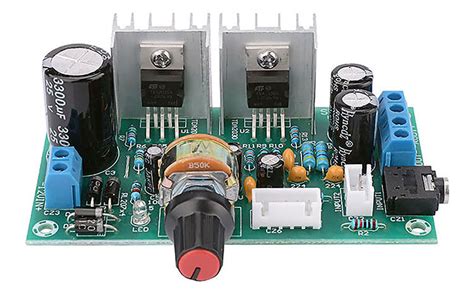
Competitive PCB Manufacturing Pricing
When sourcing PCB manufacturing services, understanding cost drivers helps you make informed decisions without compromising quality. PCB manufacturing companies balance advanced production capabilities with PCB manufacturing cost efficiency, leveraging economies of scale and optimized workflows. For instance, material selection (like FR-4 vs. high-frequency laminates) impacts pricing by up to 40%, while order volume often unlocks tiered discounts.
Tip: Always request a detailed cost breakdown to identify potential savings in prototyping, testing, or bulk orders.
Modern PCB manufacturing business models prioritize transparency, offering real-time quoting tools that factor in design complexity, layer counts, and turnaround times. By partnering with globally networked suppliers, you gain access to competitive material pricing and reduced logistics overhead. Additionally, automated quality control systems minimize rework expenses—a hidden cost that can inflate budgets by 15–20%.
"Choosing a supplier with in-house engineering support ensures design-for-manufacturability (DFM) adjustments early in the process, preventing costly revisions later."
While low PCB manufacturing cost is critical, avoid sacrificing reliability for short-term savings. Reputable providers align pricing with industry benchmarks, often backed by ISO-certified processes. For high-mix projects, hybrid pricing models (fixed + variable rates) offer flexibility, ensuring scalability as your needs evolve. By evaluating total value—not just upfront quotes—you secure solutions that enhance both performance and profitability.
Global PCB Technical Support Networks
When sourcing PCB manufacturing services, access to a robust technical support network ensures seamless collaboration across time zones and geographies. Leading PCB manufacturing companies now integrate 24/7 multilingual assistance, enabling you to resolve design ambiguities, material selection challenges, or production bottlenecks in real time. Whether optimizing PCB manufacturing cost structures or scaling your PCB manufacturing business, these global teams provide localized expertise—from compliance with regional regulations to troubleshooting assembly line issues.
Proactive communication channels—including dedicated engineering portals and virtual project hubs—allow you to track progress, share feedback, and implement revisions without delays. This is particularly critical when managing complex supply chains or adhering to tight deadlines. By leveraging geographically distributed support centers, you reduce risks associated with logistical disruptions while maintaining consistent quality standards.
Moreover, these networks often include on-site technicians in key industrial hubs, offering rapid prototyping validation or failure analysis. Such resources empower you to address technical gaps early, minimizing downtime and ensuring your end products meet precision-driven specifications. In an industry where margins hinge on efficiency, a globally connected support framework becomes indispensable for sustaining competitive agility.
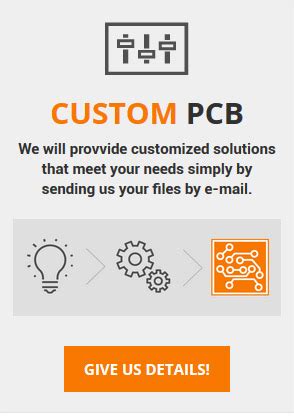
Expert PCB Design Customization
When partnering with PCB manufacturing companies for tailored solutions, you gain access to specialized expertise that transforms conceptual designs into functional realities. Precision-driven customization begins with analyzing your application’s unique requirements—whether it’s high-frequency signal integrity, thermal management, or miniaturized layouts. By leveraging advanced design tools, engineers optimize trace routing, layer stack-ups, and material selection to align with your project’s technical and budgetary constraints.
A critical advantage lies in balancing PCB manufacturing cost with performance. Reputable providers employ design-for-manufacturability (DFM) principles to eliminate inefficiencies, reducing material waste and assembly errors. This approach not only streamlines production but also ensures scalability for your PCB manufacturing business, whether you’re prototyping niche IoT devices or high-volume industrial systems.
Collaboration is key: iterative feedback loops between your team and the manufacturer refine designs before committing to full-scale production. This proactive alignment minimizes revisions, accelerates timelines, and safeguards against costly oversights. For industries demanding rigorous compliance—such as aerospace or medical devices—customization extends to meeting international certifications, ensuring your boards perform reliably under stringent conditions.
By integrating your specifications with their technical mastery, PCB manufacturing experts deliver solutions that harmonize innovation, reliability, and cost-efficiency—empowering your projects to thrive in competitive markets.
Streamlined PCB Production Workflows
When optimizing PCB manufacturing processes, efficiency hinges on eliminating bottlenecks while maintaining precision. Leading PCB manufacturing companies leverage automated assembly lines and digital twin simulations to accelerate production cycles without compromising quality. By integrating design-for-manufacturability (DFM) checks early in the workflow, you reduce PCB manufacturing cost risks linked to rework or material waste. Advanced enterprise resource planning (ERP) systems further synchronize inventory management with real-time demand, ensuring your PCB manufacturing business scales seamlessly across high-mix, low-volume projects.
Critical steps like panelization and solder paste application are now guided by AI-driven analytics, minimizing human error and maximizing yield rates. Transitioning to cloud-based collaboration tools also allows cross-functional teams to iterate designs faster, aligning prototyping timelines with your 24-hour turnaround goals. This end-to-end visibility ensures every layer—from substrate selection to final testing—adheres to industry-specific reliability standards. Whether you’re scaling prototypes or transitioning to mass production, streamlined workflows empower you to balance speed, precision, and cost-effectiveness while maintaining compliance with global technical support frameworks.
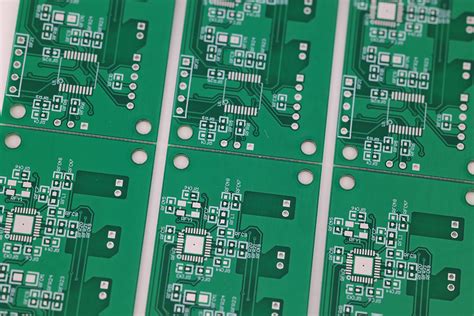
Tailored PCB Solutions for Industries
When selecting PCB manufacturing partners, you need solutions that align with your industry’s unique demands. Whether you’re in automotive, medical devices, aerospace, or consumer electronics, PCB manufacturing companies must adapt to stringent performance criteria, regulatory standards, and environmental conditions. For instance, automotive applications demand high-temperature resistance and vibration tolerance, while medical devices prioritize miniature form factors and biocompatible materials.
A critical factor in PCB manufacturing cost optimization lies in balancing material selection with design complexity. Advanced industries like aerospace often require specialized substrates or multilayer configurations, which can influence pricing. However, partnering with a PCB manufacturing business that offers scalable production workflows ensures cost efficiency without compromising quality. Transparent pricing models and volume-based discounts further help manage budgets, especially for large-scale industrial projects.
Moreover, sector-specific challenges—such as EMI shielding for IoT devices or signal integrity for telecommunications—demand tailored engineering expertise. By collaborating with providers versed in your industry’s pain points, you gain access to risk-mitigated prototyping and compliance-ready designs. This alignment not only accelerates time-to-market but also fortifies long-term reliability, ensuring your products meet evolving technical and regulatory landscapes.
Conclusion
When selecting a PCB manufacturing partner, it’s critical to align your project’s technical demands with a provider that balances innovation, speed, and affordability. Leading PCB manufacturing companies prioritize precision engineering while optimizing PCB manufacturing cost through advanced production techniques, ensuring you receive tailored solutions without compromising quality. Whether you’re scaling a PCB manufacturing business or launching a prototype, modern workflows integrate design flexibility with rigorous testing to meet industry-specific standards.
By leveraging global technical networks, you gain access to real-time support and faster turnaround times—key advantages when navigating complex projects. Cost-efficiency and reliability remain central to successful collaborations, enabling you to focus on innovation rather than logistical hurdles. As industries evolve, partnering with experts who understand both your technical requirements and market dynamics ensures your designs transition seamlessly from concept to reality.
Ultimately, the right partnership transforms challenges into opportunities, empowering your engineering goals with scalable, future-ready solutions.
Frequently Asked Questions
How do PCB manufacturing companies ensure quality control?
Reputable suppliers implement multi-stage inspections, including automated optical checks and functional testing, to verify compliance with IPC-6012 standards throughout the PCB manufacturing process.
What factors influence PCB manufacturing cost?
Material selections, layer counts, surface finishes, and order quantities directly affect pricing. Most customized projects balance expenses through optimized panelization and volume discounts.
Can PCB manufacturing accommodate urgent prototyping needs?
Yes, advanced production facilities offer 24-hour rapid prototyping with maintained precision—ideal for verifying designs before full-scale PCB manufacturing business operations.
How do you choose between local and global PCB manufacturing companies?
Evaluate technical capabilities, certifications, and logistics networks. Global partners often provide cost-efficient solutions without compromising turnaround times for complex PCB manufacturing requirements.
What industries benefit most from specialized PCB manufacturing?
Aerospace, medical devices, and IoT sectors frequently require high-reliability boards with strict tolerances—demands met through tailored PCB manufacturing business expertise.
Ready to Optimize Your Project?
For a detailed breakdown of capabilities and real-time pricing estimates, please click here to consult our engineering team.

